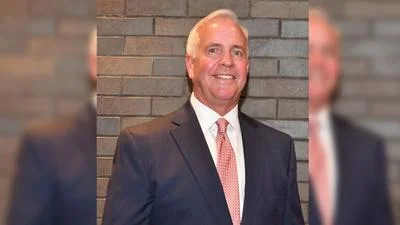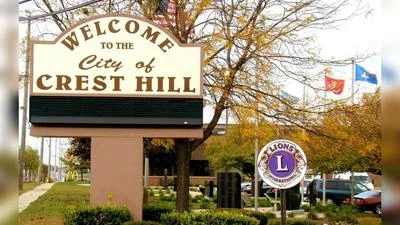Illinois Senate leaders are reportedly still negotiating the proposed budget plan that would raise the personal income tax rate to at least 4.95 percent.
The plan, crafted by Senate President John Cullerton (D-Chicago) and Minority Leader Christine Radogno (R–Lemont), has continued to evolve in recent days and would reportedly borrow $7 billion to pay off bills, expand legalized gambling, impose stricter rules on workers' compensation and freeze local property taxes for two years.
The plan originally proposed a new tax on sugary drinks; however, due to strong opposition from a number of business groups, that aspect of the plan has been nixed, the Chicago Tribune reported Tuesday.
Senate leaders have been negotiating the deal in an attempt to solve the state’s unprecedented budget stalemate, which has lasted 18 months. Though some may view the proposal as a sign of progress between Springfield Republicans and Democrats, many are concerned that Illinoisans can’t take any more tax hikes.
For more, the Sangamon Sun reached out to Brian Kovac, co-coordinator of the Aurora Tea Party, to get his take on the proposal.
Q: What are your thoughts on the proposed budget deal?
A: Tax hikes are never the solution when you have a government that is out of control. Why are we going to raise taxes when (last month) it was announced that the Chicago Public Schools system will become sanctuary cities for illegal aliens’ children?
While they’re extracting more money from us out here in the suburbs, they are still spending like no tomorrow in the city.
I’ve heard some different speculation on the proposed budget. What never seems to be the case here in Illinois is there’s never a way of attracting real businesses here or making it a (favorable) business environment to bring in more revenue, which will do more good because you will expand your business revenue and also create more taxpayers in the population. That should be the goal, not taking the population that is here and punishing it for living here.
Q: The Illinois Policy Institute reported that between 2015 and 2016, Illinois saw a net loss of 114,000 people -- the highest out-migration in the state’s history. How concerned are you that even more people depart in the wake of a tax hike?
A: It’s not only the fleeing of people; it’s the fleeing of opportunities. So we’re getting back to failed policies probably by too much government intervention instead of letting communities go out (and) create fertile business environments and attract employers.
Q: What do you think it’s going to take to get Illinois back on the right track?
A: You have to create taxpayers. More taxpayers … then you start lowering the taxes because you have low unemployment. You have more people pulling the wagon than people in the wagon waiting to be pulled, and right now we are just the opposite.






 Alerts Sign-up
Alerts Sign-up